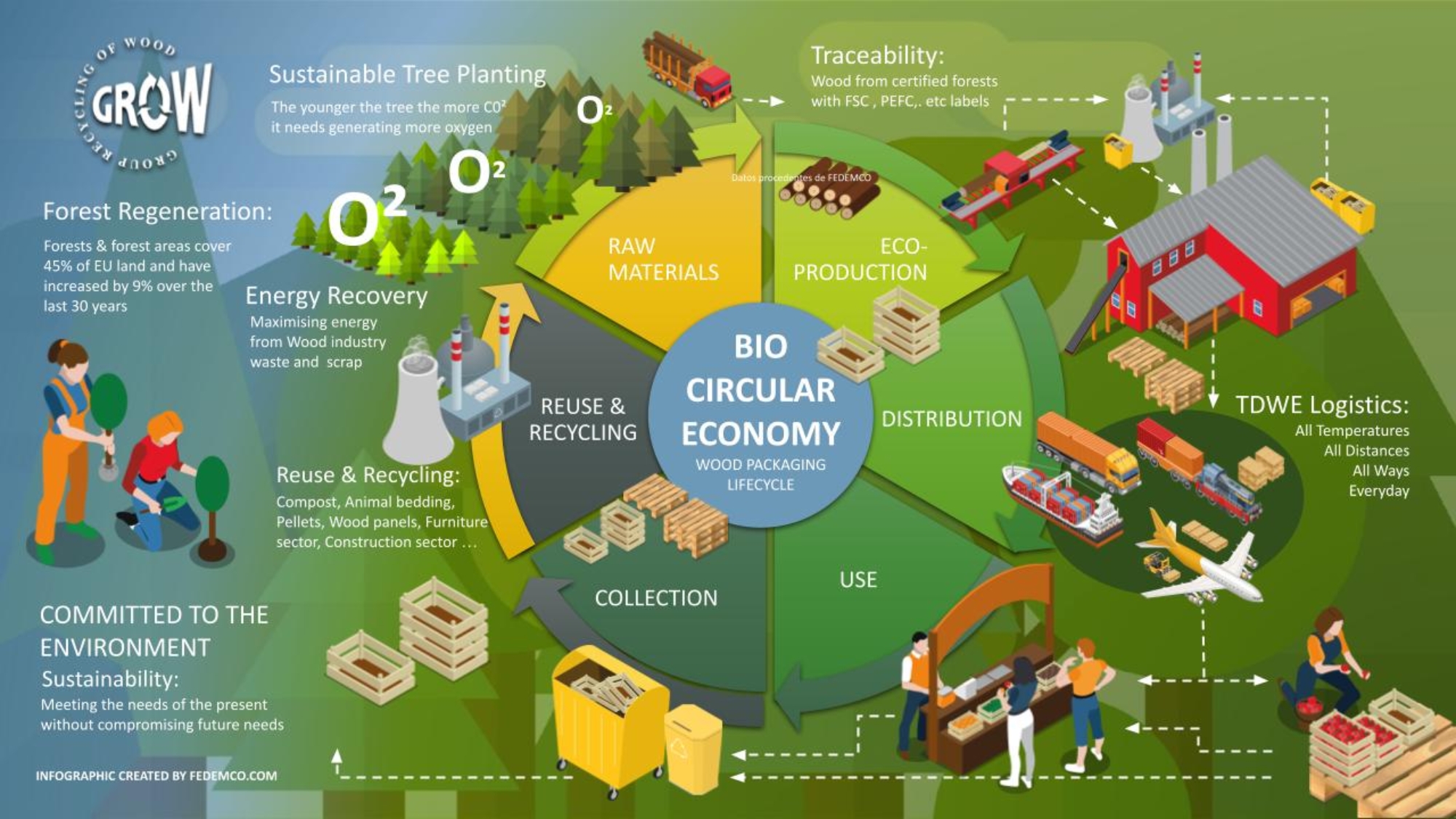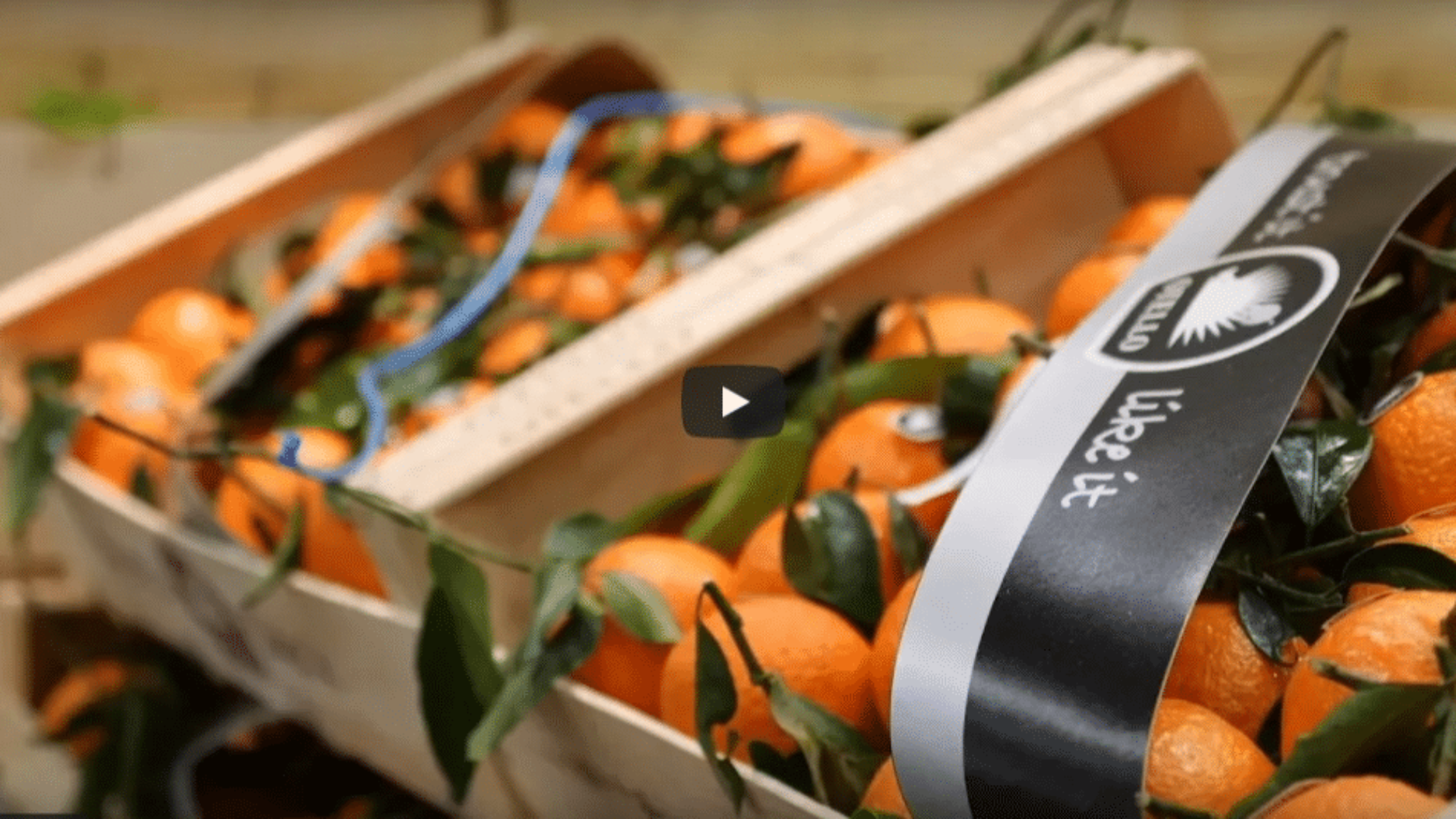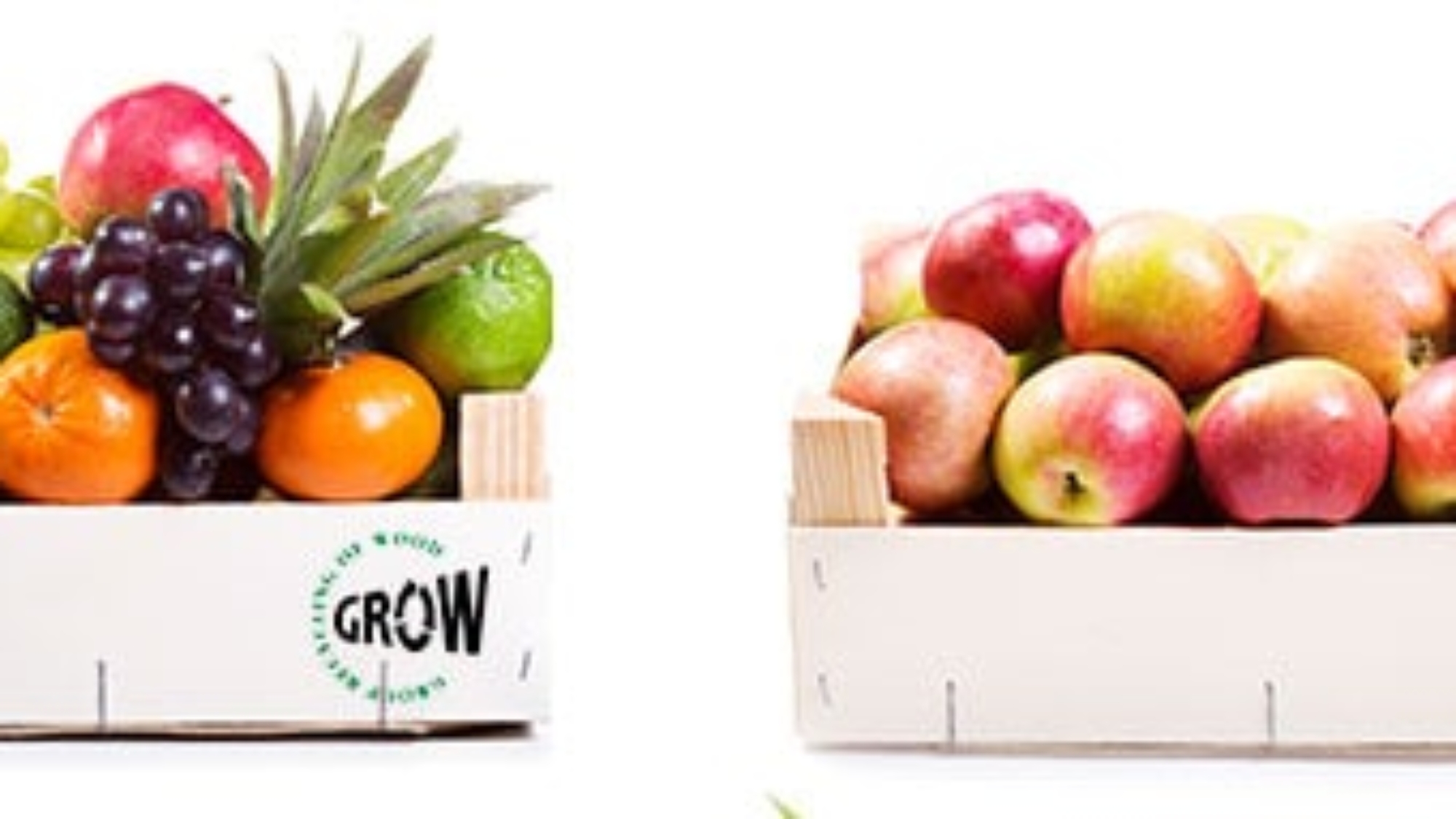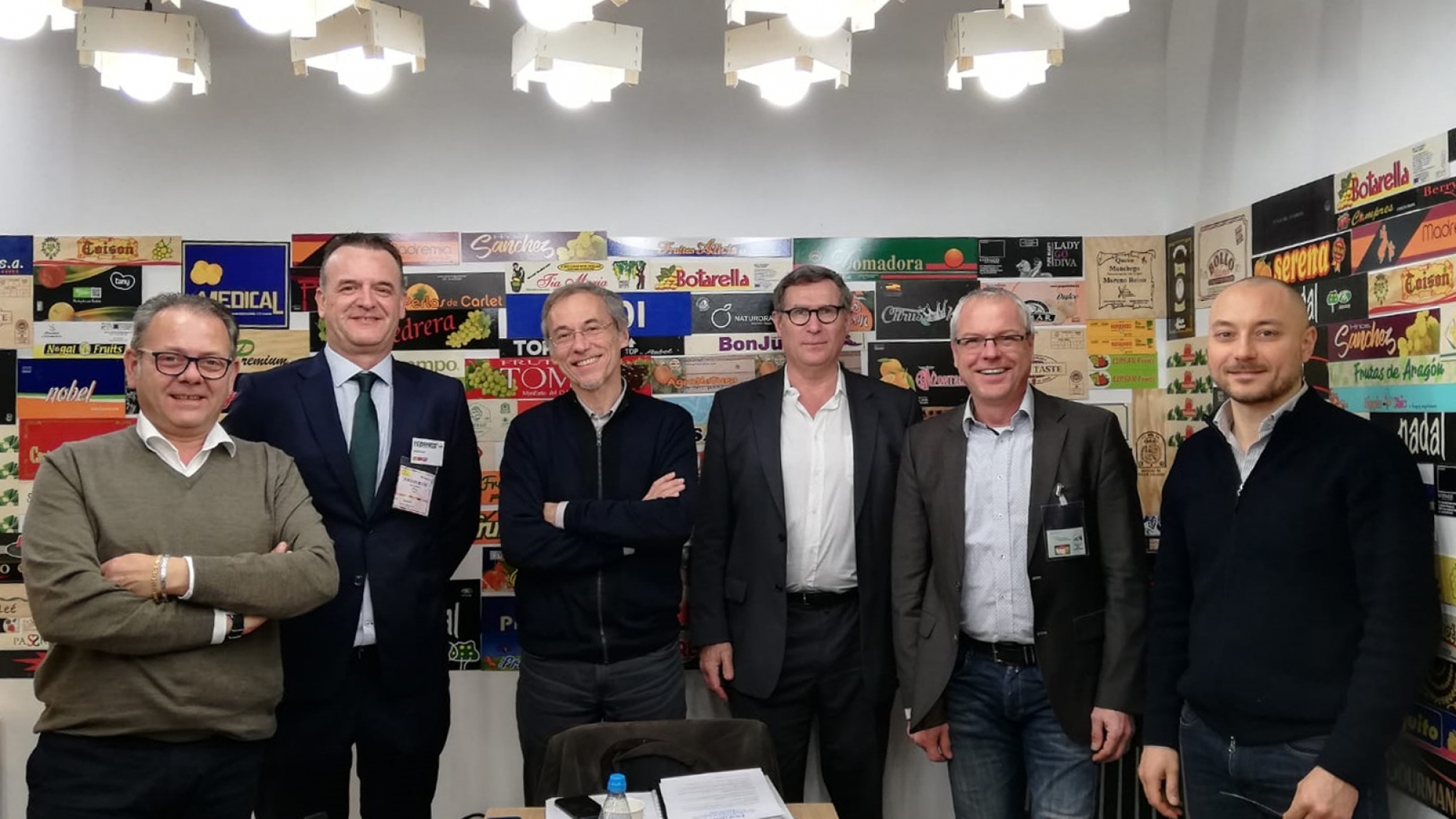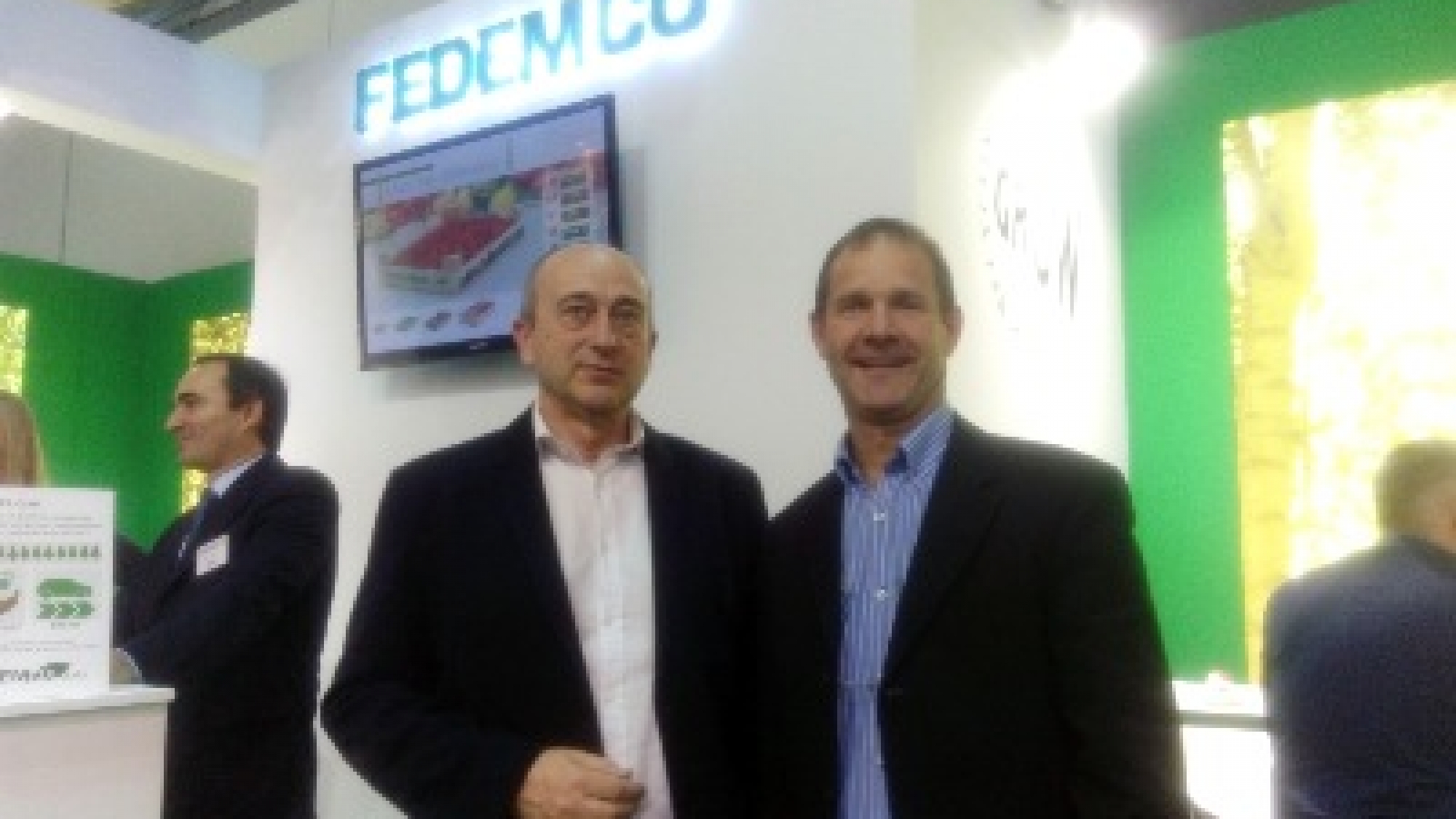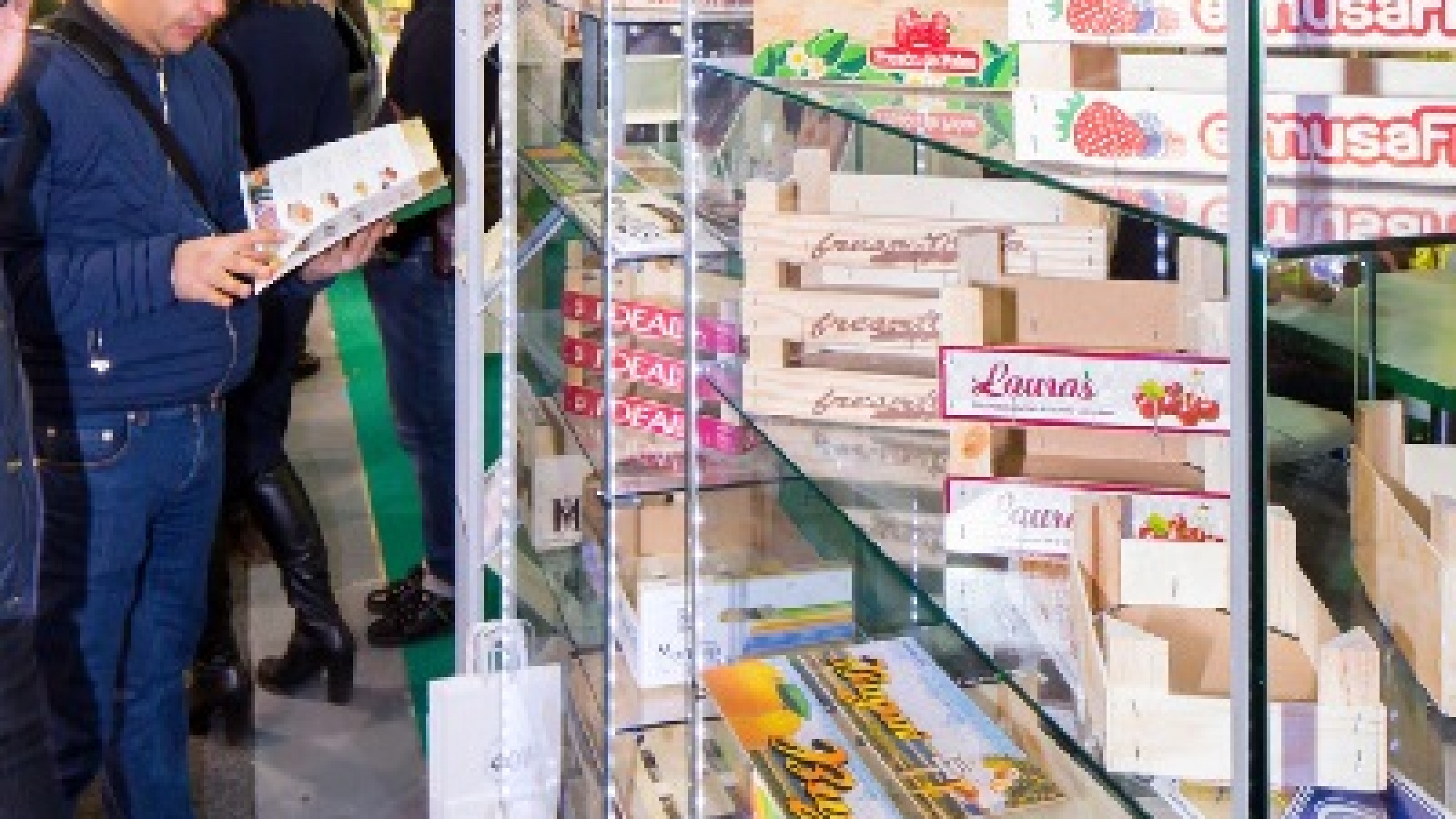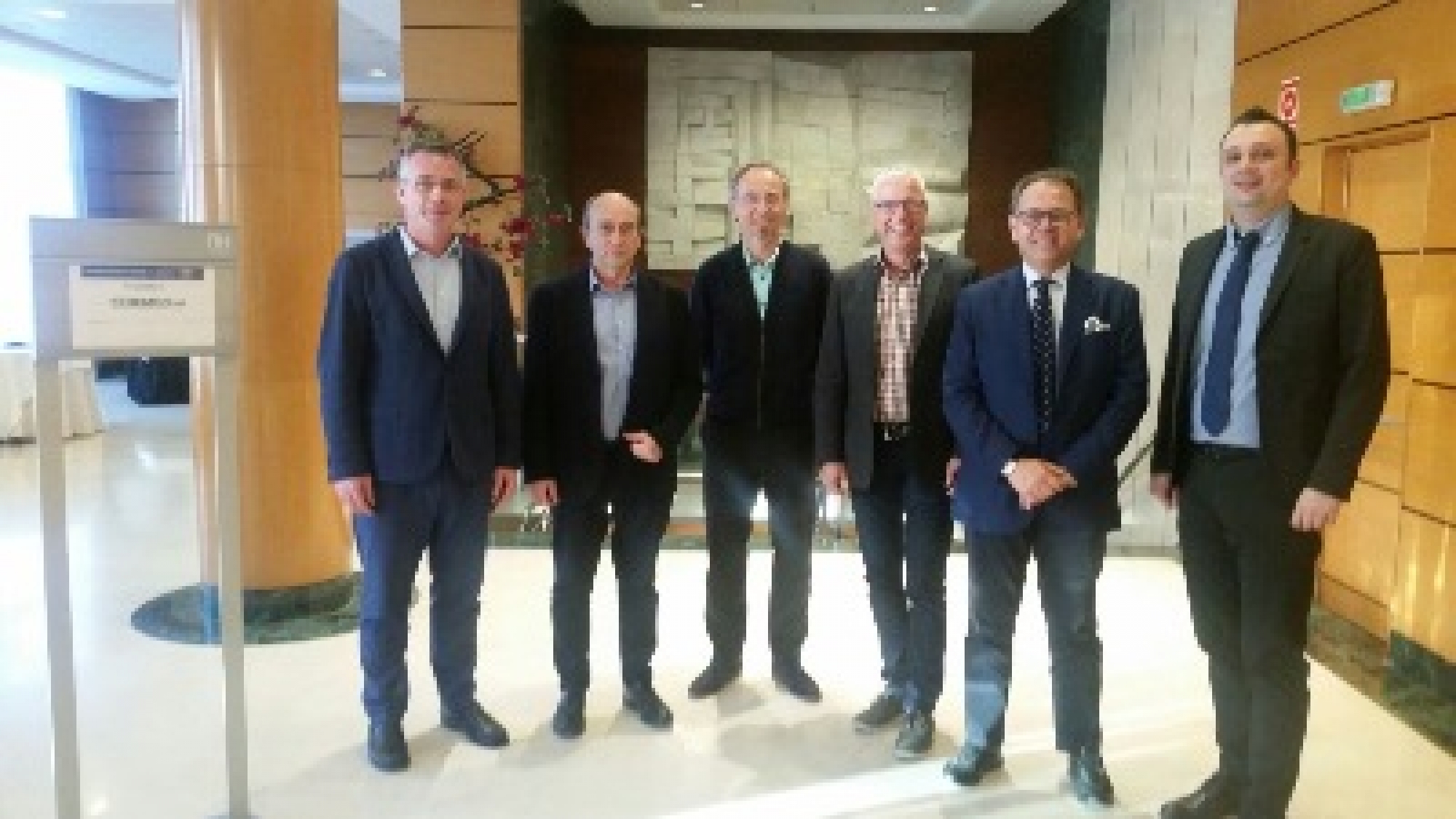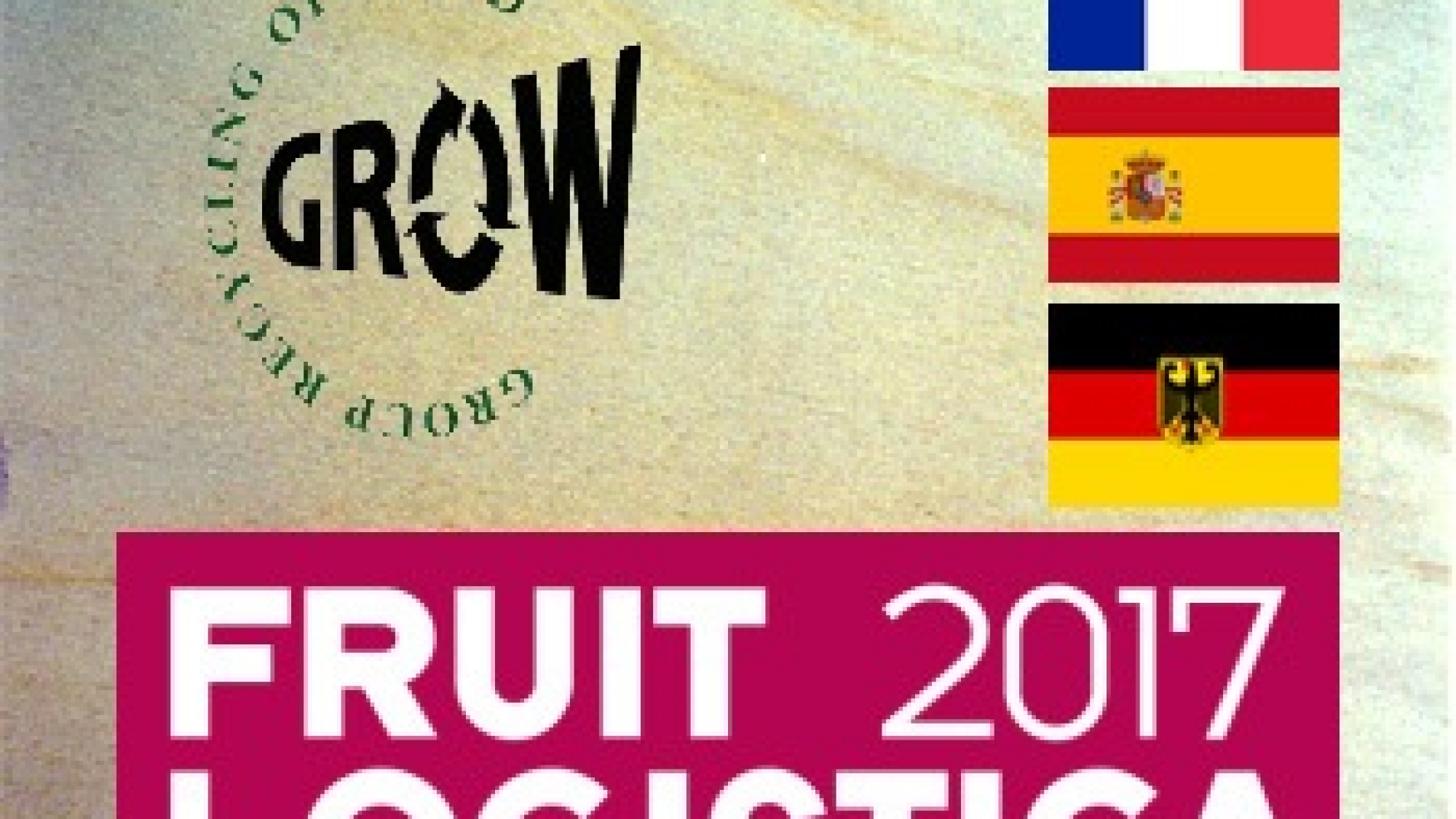GROW responds to the EU’s public consultation on the revision of the packaging Directive
The aim of the consultation was to gather stakeholder input and improve packaging design to promote reuse and recycling, address over-packaging and reduce packaging waste. According to the initial impact study carried out by the European Commission, the overall increase in packaging waste generated, and how the essential requirements also leave too much room for interpretation, in particular on what qualifies as recyclable. The European Commission has therefore decided that it was necessary to review the Directive which is due to be published by the end of 2021. GROW Int.’s position on the revision of the directive is as follows: Whereas sustainably managed and renewable materials should always be preferred to non-sustainable materials (which include those of fossil origin), Whereas the essential requirements for packaging should be different for sustainable and non-sustainable materials, Firstly, it is crucial to adopt a life cycle approach and promote the use of Life Cycle Assessment (LCA) and/or Product Environmental Footprint (PEF) to understand the full environmental impact of packaging materials and to adopt the most appropriate legislation. The graph shows the LCA carried out by ADEME[1] with the results when comparing wooden packaging with plastic or cardboard: therefore, a renewable material, if sustainably managed, is always better for the environment than a material of fossil origin.

Secondly, the essential requirements for packaging should be different for sustainable/renewable materials such as wood than for non-sustainable ones.
Third, developing a harmonised, clear and realistic definition of recyclability as well as compostability and biodegradability with the aim of having legal certainty by updating current definitions.
Fourth, the imposition of reuse targets and the promotion of reusable packaging may not be the most appropriate solution for all materials.
Fifth, some harmonisation of national fees for integrated waste management systems linked to extended producer responsibility (Green Dot) is needed for each type of packaging material. Eco-design should be encouraged by increasing or reducing the fees depending on the environmental impact of packaging.
Finally, wood packaging companies are all SMEs and it is important not to impose a disproportionate administrative burden on them. These companies are often located in rural areas with limited economic opportunities and should be supported to combat the exodus to urban areas.
By actively promoting tree planting, the wood-based sector contributes to the fight against climate change (trees sequester CO₂ and wood retains it), promotes biodiversity conservation and helps in the fight against poverty.
In 2018, about 397 000 enterprises were active in wood-based industries across the EU, representing 20% of EU manufacturing enterprises. It is estimated that there are at least 16 million forest owners in the EU who take care of approximately 60% of the European forest area [2] [1] The French Agency for Ecological Transition (ADEME), Life Cycle Assessment Study of wooden, corrugated cardboard and plastic apple crates, L045-R5 2000. The conclusions of the LCA carried out by ADEME comparing cardboard, plastic and wooden packaging showed that (as shown above) single-use wooden packaging is the best solution for fruit and vegetables. When comparing a plastic multi-rotational packaging with two single-use packaging made of renewable materials, it cannot be said that reuse is better than single use in terms of environmental impact. It will depend on the material.
[2] Confederation of European Forest owners CEPF_BROCHURE.pdf (cepf-eu.org)More information on the EU consultation
Grow International Fruit Logistica 2020
The aim of the consultation was to gather stakeholder input and improve packaging design to promote reuse and recycling, address over-packaging and reduce packaging waste. A
For yet another year, Fruit Logisitica is bringing together the largest and most diverse range of fruit and vegetable products in the world to Berlin.
Packaging manufacturers, fruit growers, importers, exporters, fruit and vegetable machinery manufacturers, supermarkets and organic farms.
Berlin is undoubtedly a fair where to learn, share knowledge and as every year, a vaulable opportunity to know how the market is, national and internationaly.
One more edition and one more coffee break of Grow International at Fedemco´s stand. Challenging the dreaded Coronavirus, the representatives of France, Italy, Germany and Spain Grow International, a quality seal for Wood Packaging from all over Europe, met to talk about the sector; the new challenges and strategies at European level and the local casuistry produced in each country.
Sustainability, recycling, ecofriendly and the demands of the countries in these subjects were the focus of this meeting, in which the new website of the European platform Grow-international was also launched. An update website with more modern and Dynamic image that responds to the needs of the Wood Packaging market.
WOOD PACKAGING BRANCH NETWORKING
FRUIT LOGISTICA 2107. An opportunity to exchange on the opportunities and challenges of the wood packaging sector
GROW, the international wood packaging reference at FRUIT LOGISTICA 2017
According to its organizers, FRUITLOGISTICA 2017 achieves again a record of participation with more tan 3, 000 exhibitors from 86 countries and 70, 000 trade visitors from 130 countries.
TECHNICAL MEETING 2017
March 29 2017, FEDEMCO hosted in Valencia the first technical meeting of GROW International this year.
GROW exhibits at FRUIT LOGISTICA 2017
GROW represented by SIEL (France, Hall 22 F-05), FEDEMCO (Spain, Hall 11.2 B-10) and GROW e.V. (Germany, Hall 20 B-12)
